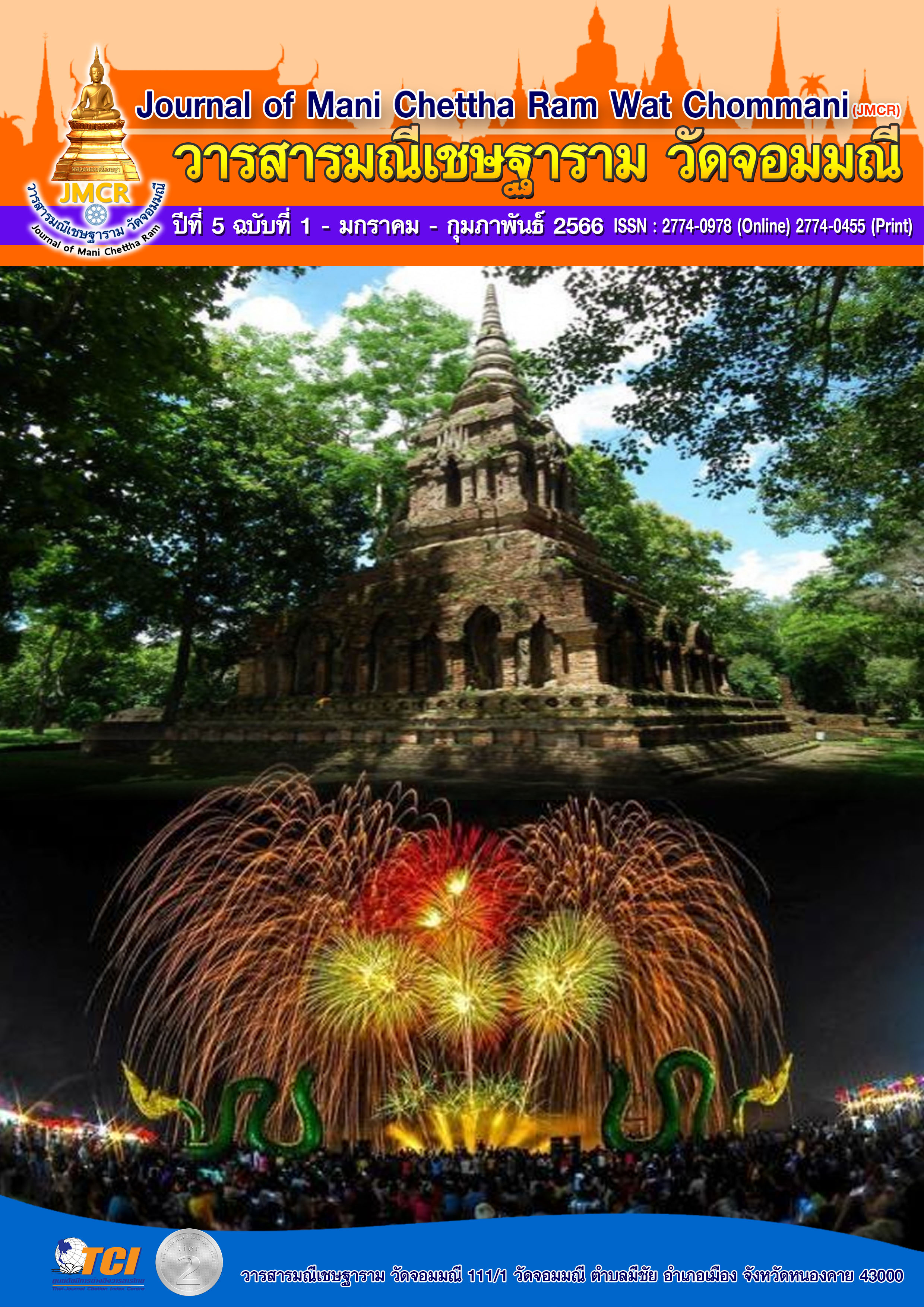BUDDHISM AND OCCUPATIONS
Keywords:
Buddhism, Human beings and Occupations, vocation, Buddhist teachingsAbstract
Every human being wishes to have the professionals for successfulness. One must be endowed with the principle of the Right livelihood that is the core of Buddhist teaching. But some parts of general people still commit the faults in Their professional commitments such as trading in alms, living beings, fresh, intoxicants, and poison etc. Ones would not trade in all these occupations. When they face the problems in doing occupations, they can apply the Buddhist teaching for their occupational performance because the Buddhist teachings teach people to be good person and abstaining from all evils. Religion is like the lantern shining brightly in the world with clear knowledge and to teach human beings to encourage all human beings how to create the no, justice, loving-kindness and compassion, assistance of each other, assisting weaker person, and not to be jealous to each other. For Buddhism, it is called “the Right Livelihood” that is, to earn living in the right way and to perform the honest occupation, not to be contradictory to good law and morality and abstaining from earning living the wrong way such as cheating, deceit, and not to perform the prohibited occupation as the Lord Buddha said in Vinijjasutta that “Laymen, Bikkhus, should not trade in Five occupations, that is, 1) trading in alms, 2) trading in living beings, 3) trading in living beings’ meats 4) trading in intoxicants and 5) trading in poison. can the principle of the Right livelihood, g it for practicing in daily life? For the occupation of the Buddha’s time, as appeared in Tipitaka by mentioning about 24 n addition, there are still the other occupations, that is the occupations depend on the other arts. While in the commentary, the occupations were mentioned in the Buddha’s time more than in Tipitaka.




